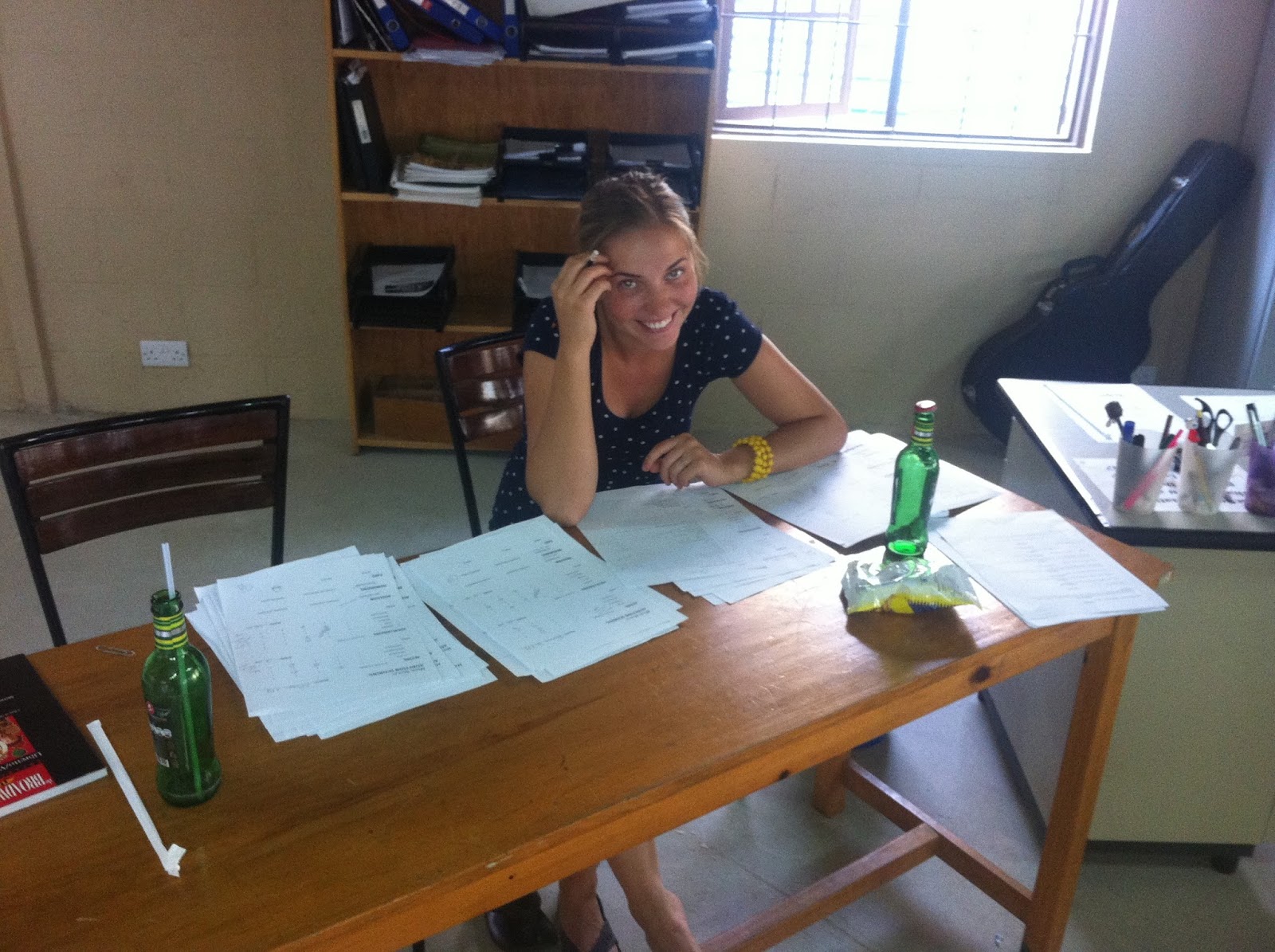I've done this for three years, but haven't written my own yet! Last night lying in bed I decided to do my own English assignment and write a poem about summers as a kid at Braeside camp. It was fun to remember the details, and each one brought back even more memories!
Where I'm From
I am from
the churning of pedals
Rubbing of
bicycle wheels on the grass.
From the
endless Pool Hill and
Riding with
no hands
From fresh
red scrapes and
Wrinkled
white spots
The scars
we wore like medals.
I am from
one-piece bathing suits and
Slippery brown
bathroom tiles.
From pool
noodles as horses and
Swirling
rounds of ankle tag
From warm
puddles on concrete and
Cold
cannonball splashes
Wet shadows
stretched out and
Disappearing
in the sun.
I am from
powdery sidewalk chalk
Bumps on my
knees
Creaking of
swing chains and the
Thump of shoes on park sand.
From
Fudgsicles fringed in ice and
Small cuts
in the corners of mouths
Sucking the
last juice from
Rolled-up
Freezies.
I am from
tan lines and
A riot of
freckles
From
bleeding, wrinkled toes.
I am from
knotted hair shaded
Green
And
streaked white by the sun.
From thin
legs stretching from shorts and
Sandals
left at the door.
I am from
dripping ice cream cones
And sticky
marshmallows
Tasting of smoke
From
burgers and buns and
Crackling
candies --
Fireworks
in my mouth.
From paper
bag penny candies and
Cereal
bowls on the porch.
I am from
contests
From
hold-your-breath to
Mouths
stuffed with sour candies to
“I see
Braeside first!”
I am from
watching the big kids and
Beating the
little kids –
The middle
ones know the taste of
Winning and
losing.
I am from
the pop of a bonfire
The spell
of the
Jumping
orange flames.
From “White
rabbit! White rabbit!”
To drowsy
jokes and secrets
From pit
after pit
Circles of
murmured conversation and
Separate memories
Flecks of
fire
Sprinkled
under the stars.




















